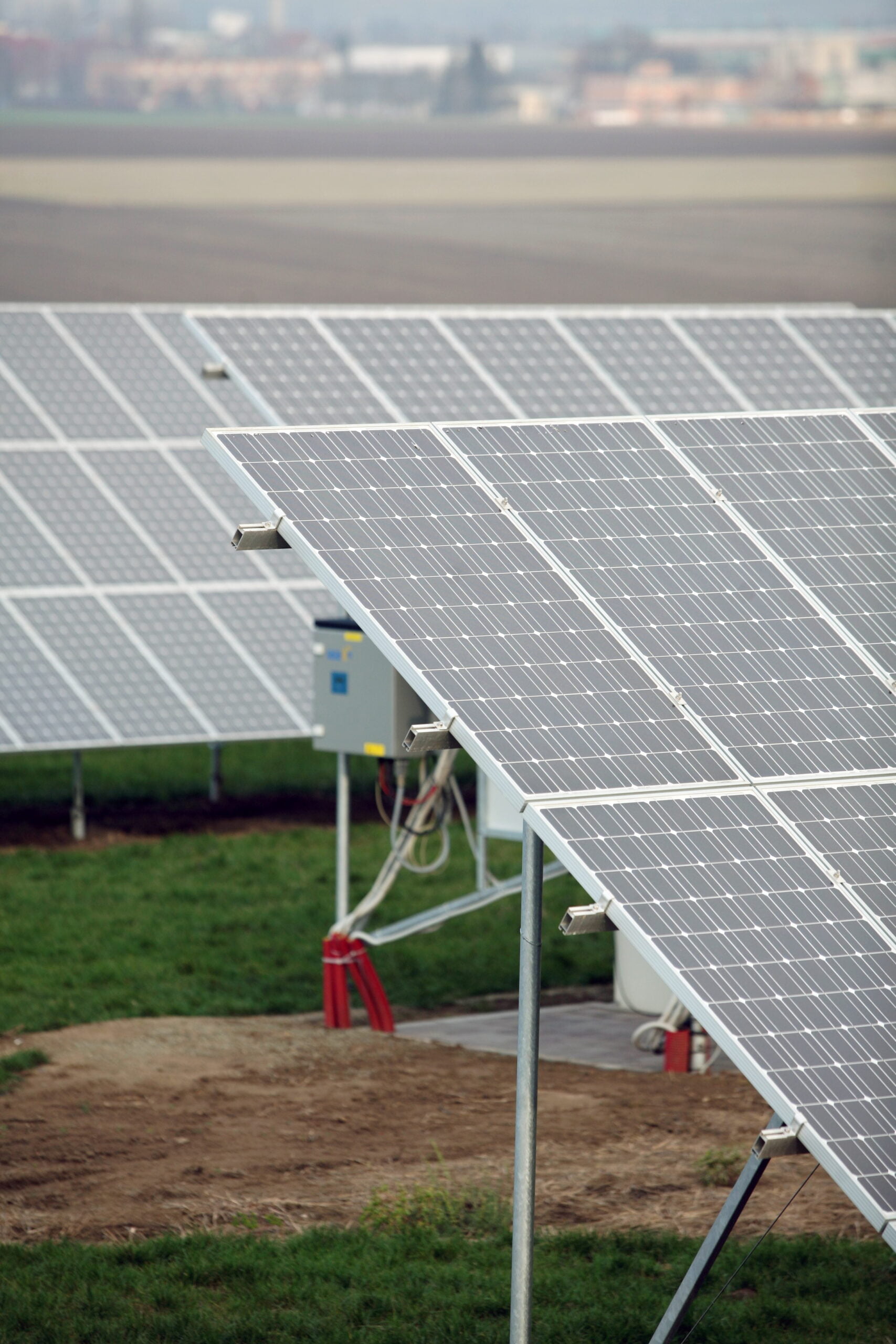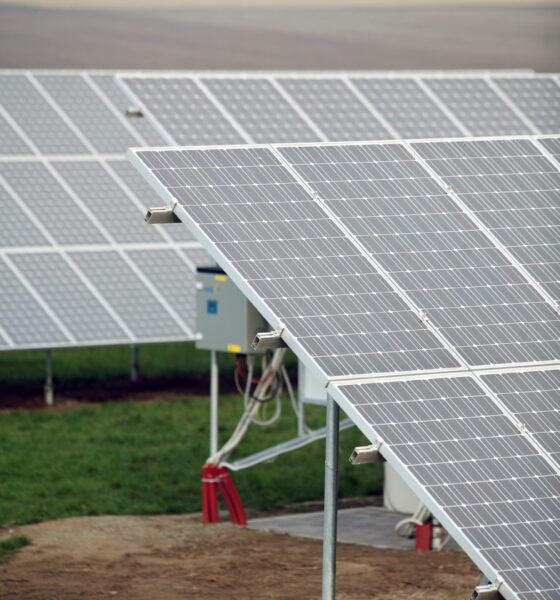

Energy
Citigroup: solar industry to outperform fossil fuels in long term
Investment bank Citigroup predicts that the solar industry will continue to grow on a global scale and will become competitive with fossil fuels, because of “pure economics” and the need to diversify energy supply over the long term.
A report, which was released to Citigroup’s investors earlier this year, entitled Energy 2020: The Revolution Will Not Be televised as Disruptors Multiply, argues that the energy industry is going through a period of “extreme flux” that shows no signs of abating.
Citigroup describes the global solar industry as having an “increasingly bright” outlook. The organisation explains that it believes growth in the global solar sector will be driven by economics, the need for fuel diversity and emerging financing vehicles, as well as some national legislature.
The report says these factors will enable the solar industry to compete with other forms of energy, such as natural gas, over the long term.
It adds that as regulators and new policies encourage fuel diversity, solar costs will plummet leading to improved efficiencies, while natural gas prices will continue to increase.
The growth is expected to come from both established markets, including the UK, China and US, and emerging markets, such as Latin America and India. China in particular is expected to play a dominant role, with the Chinese government setting a high annual installation target.
Whilst the current low gas price environment means fossil fuels are dominant, Citigroup noted that in surveys with US utilities, many have highlighted the need to diversity into other generation sources. This is to ensure that they are protected against future fossil fuel price volatility and risks within the market.
“Besides pure economics, from a utility perspective, the need to diversity is crucial to remove the volatility and possible upward movement in gas prices over the longer term,” the report explains.
It also notes that in many countries residential-scale solar has already reached ‘grid parity’ with average residential electricity prices. More countries are also moving towards grid parity, with the UK expected to achieve this between 2018 and 2021.
Photo: haak78 via Freeimages
Take our 2014 reader survey and you could win an iPad, Kindle or donation to a charity of your choice.
Further reading:
Domestic solar panels as an investment
Investment conundrum: solar panels or a pension?
Solar energy investment ‘coming of age’ and attracting institutional investors
DECC plans to scrap solar farm subsidy will ‘undermine investment’


 Features10 months ago
Features10 months agoWhat is the Eco-Friendliest Option to Wash Your Dishes?

 Environment12 months ago
Environment12 months agoBuilding a Career in Green Construction: Tips and Insights

 News11 months ago
News11 months ago5 Ways Fleet Maintenance Software Can Help Businesses Be More Eco-Friendly

 Features10 months ago
Features10 months agoAddressing Pressing Ethical Concerns with Crypto Exchanges






























